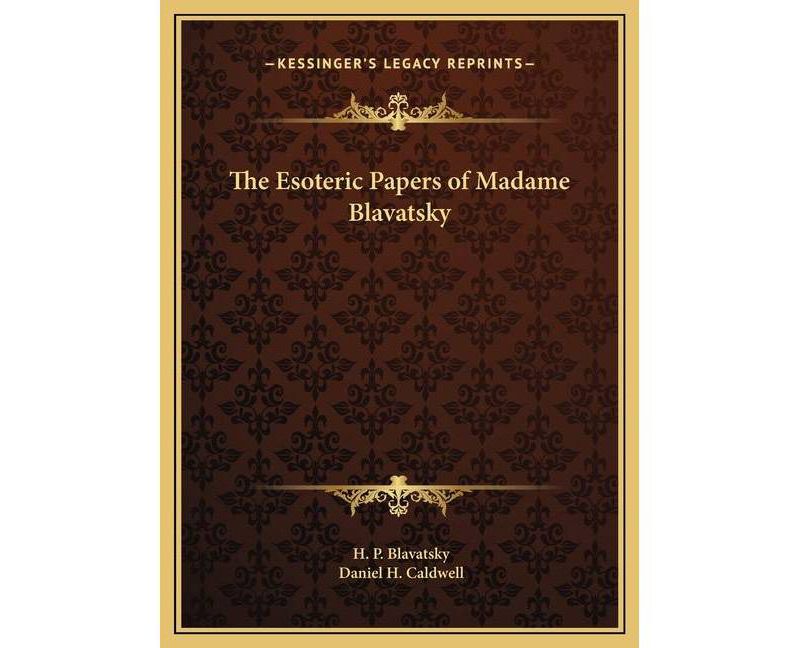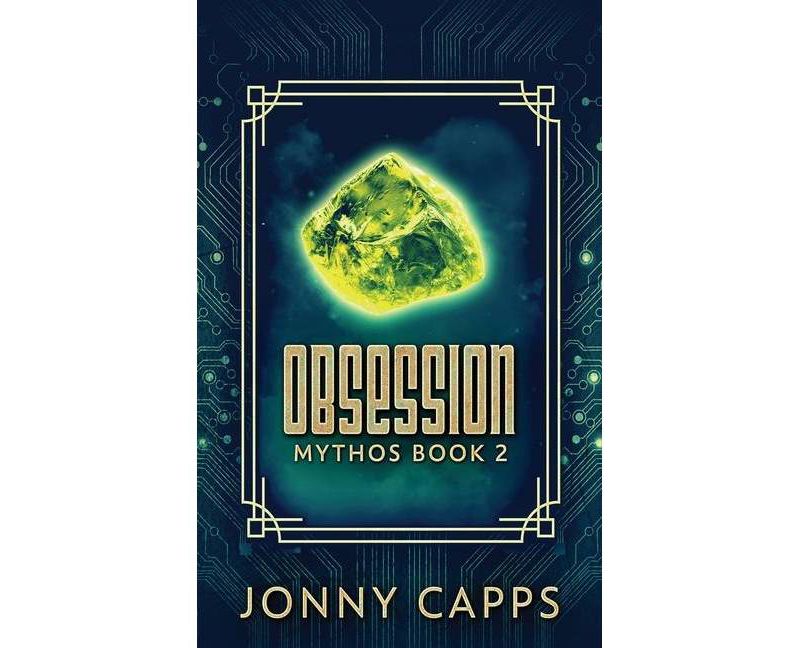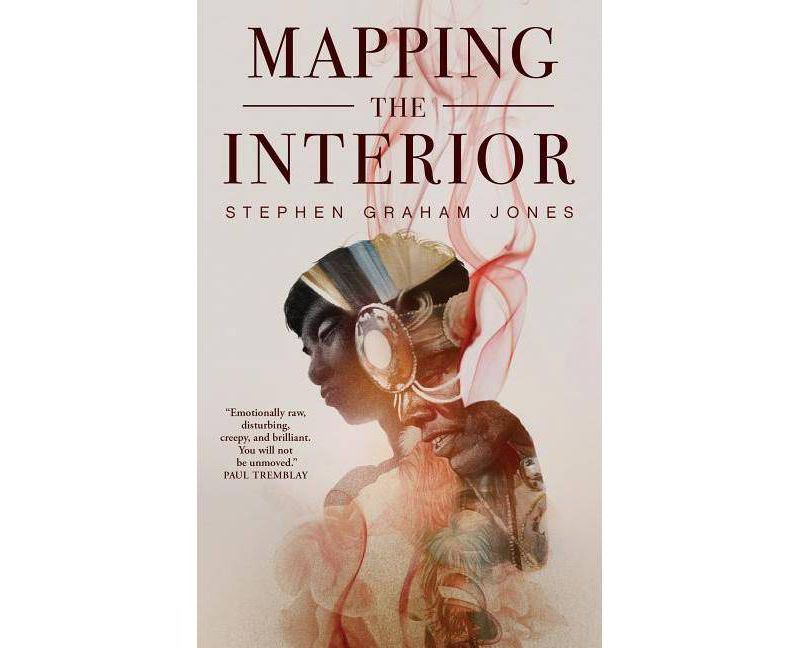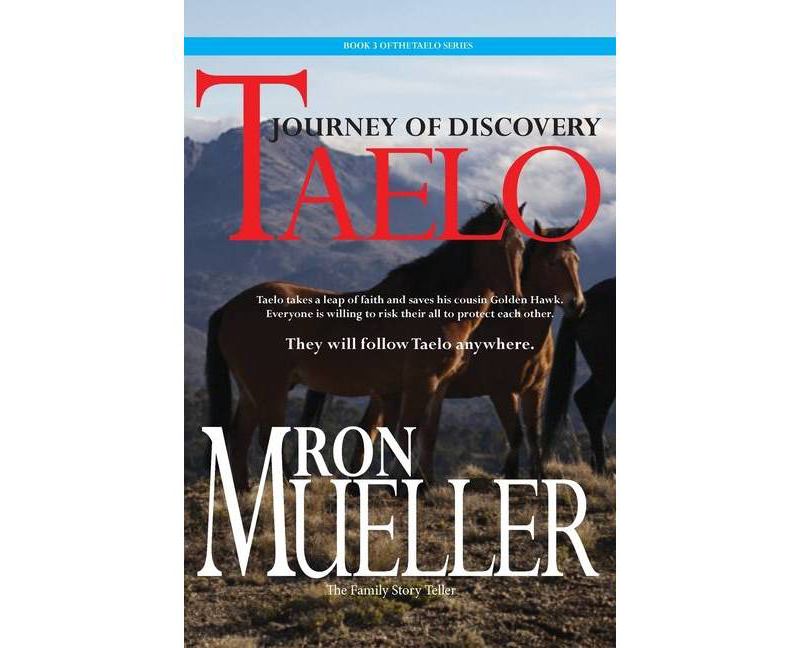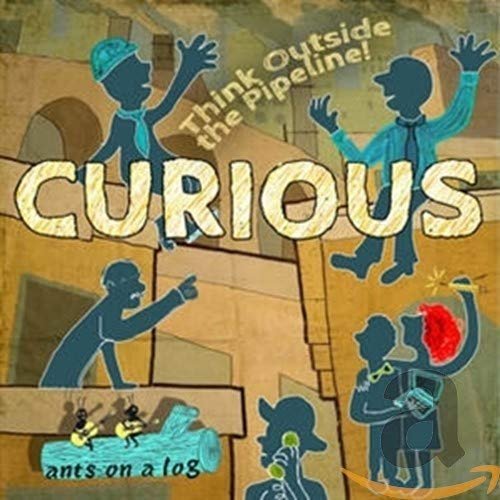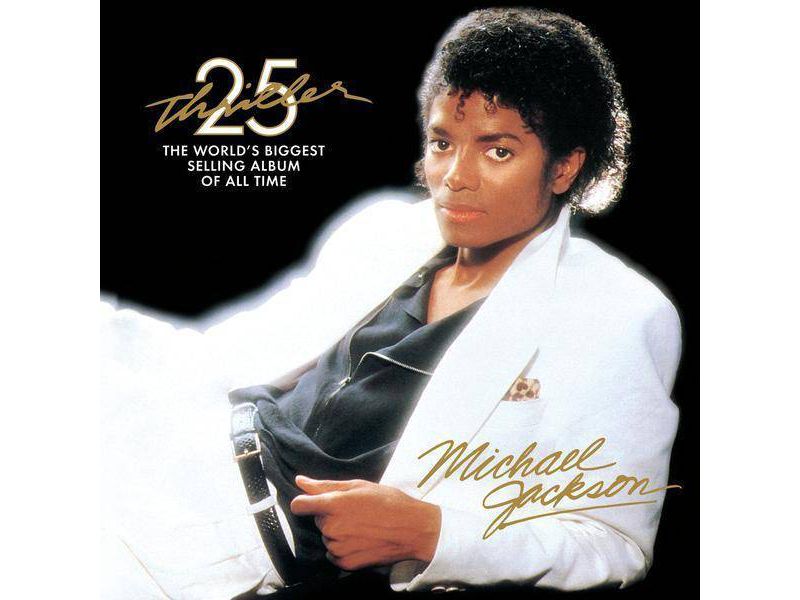Trusted shipping
Easy returns
Secure shopping
Buy Subterranean Fanon - by Gavin Arnall (Paperback) in United States - Cartnear.com
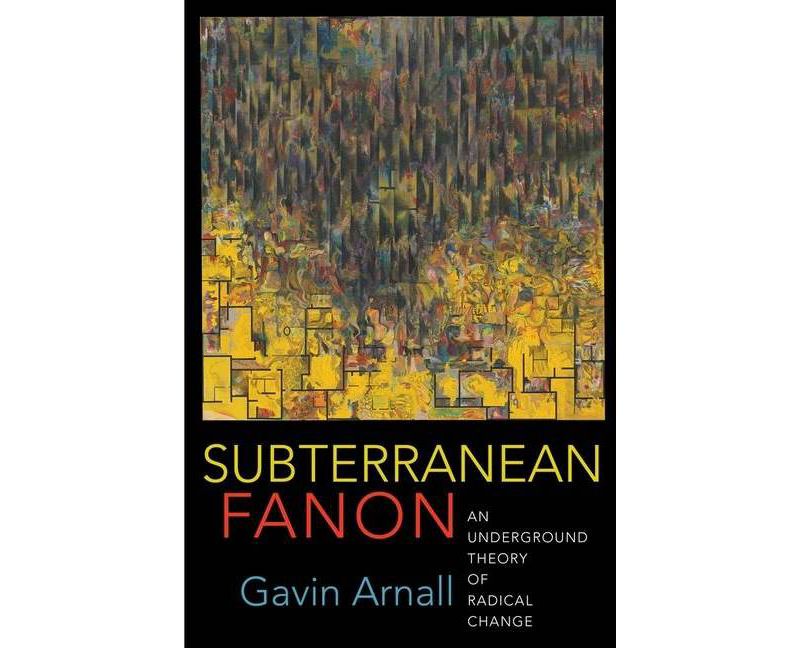
Subterranean Fanon - by Gavin Arnall (Paperback)
CTNR905897 09780231193658 CTNR905897Tobin James
2027-01-23
/itm/subterranean-fanon-by-gavin-arnall-paperback-905897
USD
28.8
$ 28.80 $ 29.69 3% Off
Item Added to Cart
customer
*Product availability is subject to suppliers inventory
SHIPPING ALL OVER UNITED STATES
100% MONEY BACK GUARANTEE
EASY 30 DAYSRETURNS & REFUNDS
24/7 CUSTOMER SUPPORT
TRUSTED AND SAFE WEBSITE
100% SECURE CHECKOUT
Number of Pages: 304
Genre: Literary Criticism
Sub-Genre: African
Format: Paperback
Publisher: Columbia University Press
Age Range: Adult
Author: Gavin Arnall
Language: English
[A] timely book . . . This book will be especially appreciated by readers with an already solid understanding of Fanonian thought. It is an important contribution to Fanon studies, particularly relevant in the contemporary context of Black Lives Matter and other socio-political resistance movements across the world.--EuropeNow
Arnall's Subterranean Fanon is a unique combination of close reading and theoretical sophistication. This unprecedented work of intellectual inquiry is one of the most comprehensive, consistent, and cogently argued books on Frantz Fanon. It will reset the terms of further debates on Fanon's multiple legacies.--Achille Mbembe, author of Out of the Dark Night: Essays on Decolonization
Frantz Fanon has reemerged as the radical thinker of the twenty-first century. We turn to Fanon to understand interminable global racism, state violence, and capitalism's ability to weather ongoing crises. But which Fanon? The dialectical thinker who imagined a new humanity emerging from the shell of the old antagonisms? Or the nondialectical thinker who called for the complete and total destruction of colonial structures of oppression, who imagined with almost eschatological fury a new beginning from the ashes of the old world? Gavin Arnall's provocative and superb study insists that we need not choose nor attempt to reconcile Fanon's divided thought. But if we confront his contradictions directly, embrace his unique mode of thinking and imagination, we will surely discover the true depths of Fanon's radical emancipatory vision.--Robin D. G. Kelley, University of California, Los Angeles
Written with clarity, subtlety, and purpose, Subterranean Fanon is the first book to undertake an analysis of Fanon's thought on the basis of the whole of his corpus. In this tour de force, Gavin Arnall makes a compelling case for the disjunctive and translational presence of two Fanons throughout the writings, two modalities for conceptualizing and acting upon the radical change decolonization calls for. The book is essential reading for Fanon scholars and for all those engaged in the urgency of thinking through the grounds and the ramifications of change in our times.--Natalie Melas, Cornell University
Subterranean Fanon is grounded in Arnall's expertise in Fanon's writings, which he reads carefully and creatively. He develops an important argument about a central tension in Fanon's thinking between Hegelian-dialectical and Nietzschean-ruptural orientations, each of which expresses a certain kind of radical universalism. This exemplary work of scholarship should shift the ground of debate about this canonical thinker. It is also a welcome example of next-generation postcolonial and political theory.--Gary Wilder, author of Freedom Time: Negritude, Decolonization, and the Future of the World
Genre: Literary Criticism
Sub-Genre: African
Format: Paperback
Publisher: Columbia University Press
Age Range: Adult
Author: Gavin Arnall
Language: English
About the Book
The problem of change recurs across Frantz Fanon's writings. Gavin Arnall traces an internal division throughout Fanon's work, contending that there are two Fanons: a dominant Fanon who conceives of change as a dialectical process of becoming and a subterranean Fanon who experiments with an even more explosive underground theory of transformation.Book Synopsis
The problem of change recurs across Frantz Fanon's writings. As a philosopher, psychiatrist, and revolutionary, Fanon was deeply committed to theorizing and instigating change in all of its facets. Change is the thread that ties together his critical dialogue with Hegel, Marx, Freud, and Nietzsche and his intellectual exchange with Césaire, Kojève, and Sartre. It informs his analysis of racism and colonialism, négritude and the veil, language and culture, disalienation and decolonization, and it underpins his reflections on Martinique, Algeria, the Caribbean, Africa, the Third World, and the world at large. Gavin Arnall traces an internal division throughout Fanon's work between two distinct modes of thinking about change. He contends that there are two Fanons: a dominant Fanon who conceives of change as a dialectical process of becoming and a subterranean Fanon who experiments with an even more explosive underground theory of transformation. Arnall offers close readings of Fanon's entire oeuvre, from canonical works like Black Skin, White Masks and The Wretched of the Earth to his psychiatric papers and recently published materials, including his play, Parallel Hands. Speaking both to scholars and to the continued vitality of Fanon's ideas among today's social movements, this book offers a rigorous and profoundly original engagement with Fanon that affirms his importance in the effort to bring about radical change.Review Quotes
[A] timely book . . . This book will be especially appreciated by readers with an already solid understanding of Fanonian thought. It is an important contribution to Fanon studies, particularly relevant in the contemporary context of Black Lives Matter and other socio-political resistance movements across the world.--EuropeNow
Arnall's Subterranean Fanon is a unique combination of close reading and theoretical sophistication. This unprecedented work of intellectual inquiry is one of the most comprehensive, consistent, and cogently argued books on Frantz Fanon. It will reset the terms of further debates on Fanon's multiple legacies.--Achille Mbembe, author of Out of the Dark Night: Essays on Decolonization
Frantz Fanon has reemerged as the radical thinker of the twenty-first century. We turn to Fanon to understand interminable global racism, state violence, and capitalism's ability to weather ongoing crises. But which Fanon? The dialectical thinker who imagined a new humanity emerging from the shell of the old antagonisms? Or the nondialectical thinker who called for the complete and total destruction of colonial structures of oppression, who imagined with almost eschatological fury a new beginning from the ashes of the old world? Gavin Arnall's provocative and superb study insists that we need not choose nor attempt to reconcile Fanon's divided thought. But if we confront his contradictions directly, embrace his unique mode of thinking and imagination, we will surely discover the true depths of Fanon's radical emancipatory vision.--Robin D. G. Kelley, University of California, Los Angeles
Written with clarity, subtlety, and purpose, Subterranean Fanon is the first book to undertake an analysis of Fanon's thought on the basis of the whole of his corpus. In this tour de force, Gavin Arnall makes a compelling case for the disjunctive and translational presence of two Fanons throughout the writings, two modalities for conceptualizing and acting upon the radical change decolonization calls for. The book is essential reading for Fanon scholars and for all those engaged in the urgency of thinking through the grounds and the ramifications of change in our times.--Natalie Melas, Cornell University
Subterranean Fanon is grounded in Arnall's expertise in Fanon's writings, which he reads carefully and creatively. He develops an important argument about a central tension in Fanon's thinking between Hegelian-dialectical and Nietzschean-ruptural orientations, each of which expresses a certain kind of radical universalism. This exemplary work of scholarship should shift the ground of debate about this canonical thinker. It is also a welcome example of next-generation postcolonial and political theory.--Gary Wilder, author of Freedom Time: Negritude, Decolonization, and the Future of the World
About the Author
Gavin Arnall is assistant professor of Romance languages and literatures at the University of Michigan, Ann Arbor. He is the translator of Emilio de Ípola's Althusser, The Infinite Farewell (2018).


